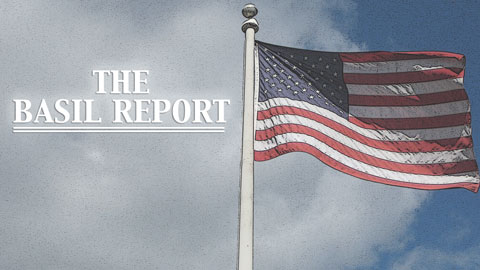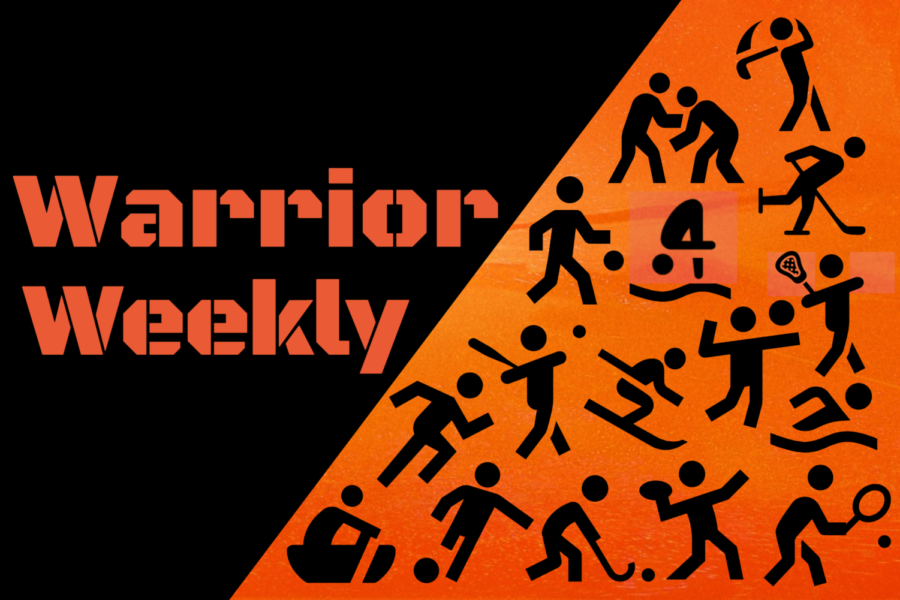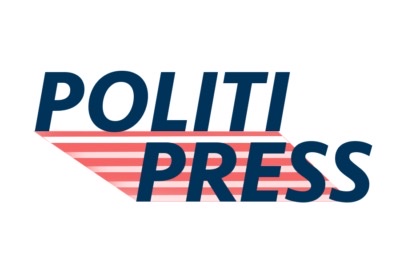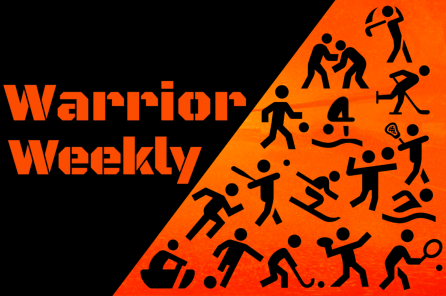(An exaggeration? Barely.)
This is the kindergarten-to-Harvard pressure cooker that is all too common in other privileged suburbs across America. We students are resume builders and extracurricular machines, SAT vocab masters and community service superheroes.
This high-stress education is profiled in the recent documentary, Race to Nowhere, a film, in the director’s words, “about the pressures faced by American schoolchildren and their teachers in a system and culture obsessed with the illusion of achievement, competition and the pressure to perform.”
The film is the alter ego of the better-known Waiting for Superman, which came out only a few months ago. Waiting for Superman, from the director of An Inconvenient Truth, is about the failure of the American public education system and urban schools in particular to successfully educate students.
Waiting for Superman comes out strongly in favor of charter schools and stronger standardized testing; Race to Nowhere argues that students need to be allowed to develop their creative desires and is staunchly anti-standardized testing. Waiting for Superman is about parents that don’t prioritize their children’s education; Race to Nowhere is about parents that prioritize nothing but their children’s education.
These two films tell the stories of the two Americas.
Race to Nowhere tells the story of the hyper-educated who are generally already affluent. The children in this America get at least a bachelor’s degree; this America enjoys the fruits of globalization, the advances of the information revolution, and carries iPhones. The unemployment rate for this college-educated America is a mere 5.1%.
Waiting for Superman, on the other hand, tells the story of the underprivileged who are stuck in criminally underfunded schools. The children in this America are lucky to graduate. For those who don’t graduate from high school – and in 2005, half of urban high schoolers didn’t – the unemployment rate is nearly 16%. This America knows globalization as the outsourcing of jobs to dirt-cheap labor in Third World countries and is not educated enough to feel the full benefits of the jobs brought by the information revolution.
This educational inequality has snowballed into economic inequality at the nation-wide level. Prior to the economic crash of 2008, income inequality between the top 1% richest Americans and the rest of the country was at the highest level since the year before the Great Depression. More likely than not, this disparity was a serious contributor to the recession. A more balanced economy will provide a strong foundation for future growth and restore the rags to riches opportunities that make the United States great.
That balancing starts with a smarter education system. The United States has not had a debate over educational legislation at the national level in nearly a decade. Shouldn’t improving public education be a higher priority?
Congress will soon pass a bill, if it hasn’t already by the time you’re reading this, that will grant tax breaks totaling $900 billion over the next two years, a price tag far higher than that of the President’s stimulus package.
With 1% of that, every teacher laid off because of the recession could have his or her job back. With 4% of that, we could double the budget of the Department of Education. With 10% of that, we could pay for universal preschool with high-quality teachers for every American toddler. Education needs to be more highly prioritized by the federal government.
So, I ask, can Race to Nowhere really argue that some stress is all that bad? As I count down the hours until I hear back on my college application, at least I know: Wayland, for one, has taught me to prioritize my education.































EducationAdvocate • Feb 5, 2011 at 12:30 PM
I agree, our Education system here is fundamentally flawed. The last time we had a serious discussion that resulted in drastic changes in legislation about it was when No Child Left Behind was passed in 2001 by the Bush Administration. This law required state-wide standardized tests and stipulated that every high schooler in America should be at the Proficient level or higher by the year 2014. While at Wayland this generally isn't too much of a problem, in many schools across the nation these tests cause curricula to be narrowed down to solely Reading, Writing, and Math skills. Sciences and Social Studies are generally left behind as teachers are commanded to make sure that students learn how to write to the test. In addition to the test anxiety felt by the students, Administrators are in trouble if their school doesn't achieve their Annual Yearly Progress as mandated by the legislation; failing the AYP has caused the closure of many schools. To this end, authorities in the school systems have been known to encourage students who will fail the tests to drop out before they can take the exams so that the school does better as a whole. Teaching to the test has become a mania because of the laws, and it has failed to better the education system.
While standardized tests aren't the only problem with our system, they certainly are a large part of it. In this country we need to realize that you cannot force children to learn in the style that has become so popular (that of teaching to the tests). We need to examine the alternative methods that exist and decide where to go from there. My suggestion for a first step would be to tone down the No Child Left Behind Act so that the repercussions are not so drastic. After all, shutting down schools is hardly conducive to education!
Anonymous • Dec 16, 2010 at 7:36 AM
Prioritizing education is definitely a good thing, and stress is necessary in a students' life to get him or her to get things done, but it's too much these days. Too much stress is unhealthy. It leads to other problems, and that's what we're turning into. Some people break down from all the pressure, even here. What I wish they would do here is push relaxation techniques a bit harder so you can learn to handle it much better.